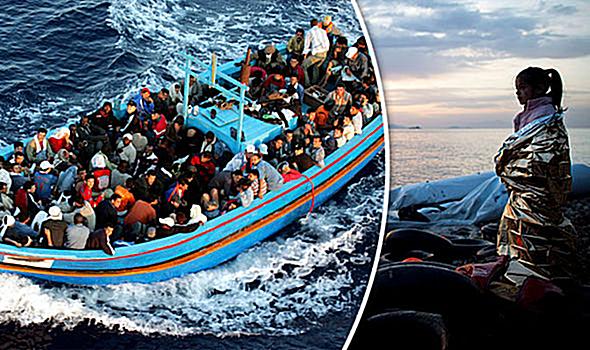Latest News
EXTRADITION AND ASYLUM UNDER PUBLIC INTERNATIONAL LAW

The Public International Law plays a very important role at the international level in keeping and promoting harmonious relations between the States and contains such important codes and instruments that help in maintaining peace at the world level between the different countries whenever the conflict arises.
One of the issues on which contention might arise between the states is the issue of asylum and extradition.
EXTRADITION refers to the process by which a country requests another country to surrender to the state which has requested, a person who is convicted of an offense and or has committed something which is against the rules of that state and has been residing in the other state and thus has, in turn, made it difficult to punish such person. For the purpose of Extradition, it is essential that the countries have entered into extradition treaties with each other. The concept of extradition is dealt with at the international level but the rules under which circumstances a country would extradite a person and under what circumstances a country would not extradite a person depend upon the municipal rules of a state and are within a country’s domestic jurisdiction.
The process of extradition by which a person is surrendered to a country by another country is a recent development that has its roots in the habeas corpus writ.
For extradition to take place there ought to be a fulfillment of certain conditions. There should not be the extradition of the political criminals, and this is a well-established rule of international law, in an addition to this those who are accused of military crimes are also not extradited, and neither are those who are accused of religious crimes. Rule of specialty also applies where a person who is extradited is to be extradited for has to specifically be tried for the offense only. The rule of double criminality says that a person who is to be extradited must have committed a crime which is a crime in both the countries and not in just one of them, in addition to all these rules there ought to be a prima facie evidence that the person is a criminal. There could also be other conditions mentioned in extradition treaties.
ASYLUM is a term which is used for the refuge or shelter which is provided to a person belonging to one state by another state and there could be multifarious reasons why such person is seeking shelter and one of the main reasons is that the life of a person in his country becomes so difficult that he has no other option but to leave his homeland for another. The right to grant asylum is with the receiving country and it should be respected by other countries as well. The UDHR has under Article 14 recognized the right to seek asylum of a person. Whether a person is to be given asylum or extradited is upon a particular country a there is no hard and fast rule and each case can be scrutinized on its merits. The major issue that arises is with regard to political offenders and state must decide whether such a person is to be given asylum or not and the basis for this is his political motives, that whether they were genuine or some extraneous reasons were involved.
The asylum can be territorial or internal which is granted by a country on its own land and it could also be extra-territorial which is granted to persons with requests to the embassies, consular premises, etc. in another country.
The interrelation between the asylum and extradition is that the refusal to provide a person asylum is also referred to as extradition and whether a person would be granted asylum or not and if he’s going to be extradited or not depend upon a country’s municipal laws and also to an extent upon the relation between two states.



































































































